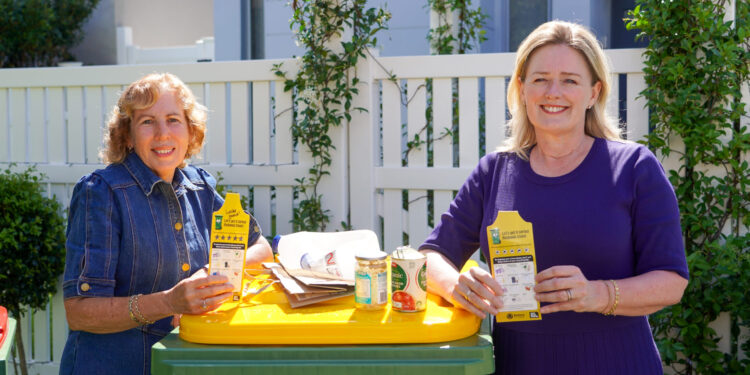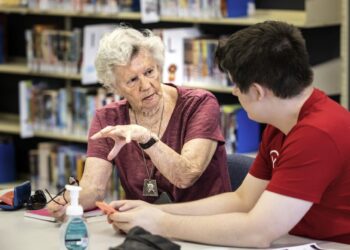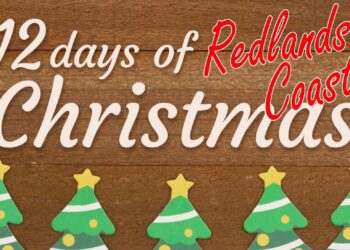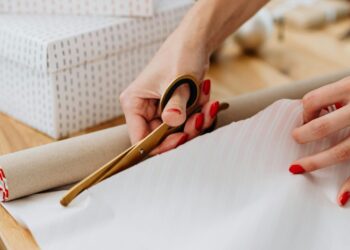Thousands of Redlands Coast households have received a five-star rating for their recycling efforts as part of an educational bin tagging campaign aimed at improving waste practices in the community.
Mayor Jos Mitchell said the results of yellow-lid bin checks conducted under the Let’s Get it Sorted (LGIS) Partnership Program, funded by the Queensland Government, demonstrated the community’s commitment to improving the quality of their recycling and reducing waste to landfill.
“Under the LGIS program, more than 27,000 households had their recycling bins checked between one and three times across a six-month period,” the Mayor said.
“Recycling educators visited every Redland suburb as part of this initiative, resulting in more than 55,000 educational bin tags being distributed to provide residents with feedback on their recycling efforts.
“On average, 65 per cent of households received a five-star rating for having no contamination in their recycling bin, while a further 20 per cent were found to have low levels of contamination.
“Medium to significant contamination, equivalent to a rating of three stars or less, came in at 15 per cent of households checked.
“It was also pleasing to see several households improving their recycling after receiving feedback, with Thorneside and Macleay Island recording the greatest increases in five-star ratings across three checks.
“This is a positive result on our journey towards becoming a zero-waste society by 2050 and improving the efficiency of the circular economy.
“Diverting some of the 900 truckloads worth of recycling that ends up in red-lid general waste bins, and which is ultimately taken to landfill, will also help to mitigate the rising costs of waste disposal.
“Thank you to our Redland City community for helping to get our waste and recycling sorted.”
Waste and Recycling Portfolio representative Cr Tracey Huges said common recycling contaminants identified during the bin checks included soft plastics such as packets and wrappers, along with bagged recycling.
“The results of the checks show that, on average, soft plastics were found in 21 out of every 100 bins checked, while bagged material appeared in 12 out of every 100 bins,” Cr Huges said.
“Other common non-recyclable goods identified in yellow-lid bins included non-recyclable paper products and plastic items such as children’s toys, Tupperware containers, tissues, and paper towel.
“This is a reminder to keep recycling loose, consult the A–Z recycling guide or Recycle Mate app for a comprehensive list of recyclable items, and to consider increasing the size of your recycling bin if you are running out of space.
“Congratulations to all the five-star recyclers for helping to create a more sustainable future for Redlands Coast.
“Now, we’re calling on those who received 1–3 stars on their bin tag to refresh their recycling knowledge and ensure they are placing the right items in the right bin.
“Council will review the full program results closely to understand how we can continue to grow and improve recycling education moving forward.”
The Let’s Get it Sorted Partnership Program has been supported by the Queensland Government’s Recycling and Jobs Fund.
Redland City Council was one of 26 Queensland councils and two Regional Organisations of Councils to benefit from the first tranche of the program in 2024, receiving $486,855.
For more results from the Let’s Get it Sorted program visit the Recycling on Redlands Coast webpage at redland.qld.gov.au/waste-and-recycling.
Quick tips for getting your household recycling sorted:
- Search Recycle Mate or check Council’s website if you’re in doubt about which bin to use to keep recycling out of landfill.
- Empty your recycling loose into your yellow-lid bin.
- Place soft plastics (packets, wrappers and bags) into your red-lid bin or take for speciality recycling at participating Woolworths supermarkets.
- If you need more space, order a larger recycling bin for a one-off $30 fee.









